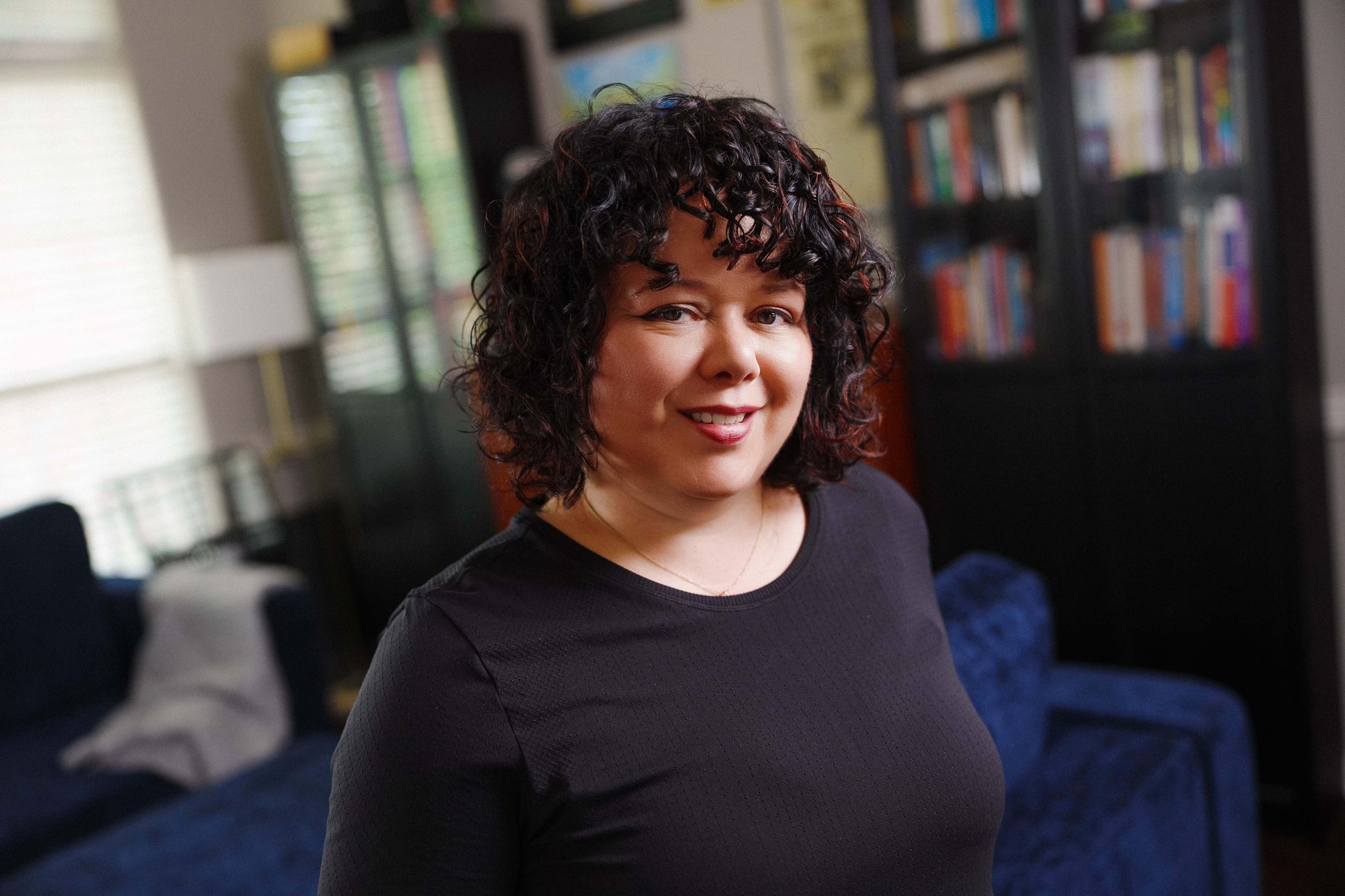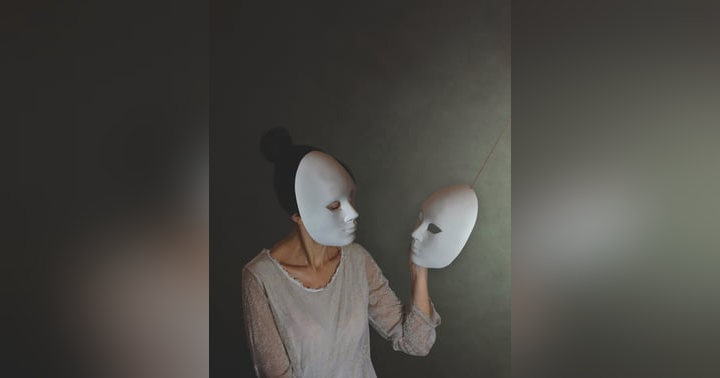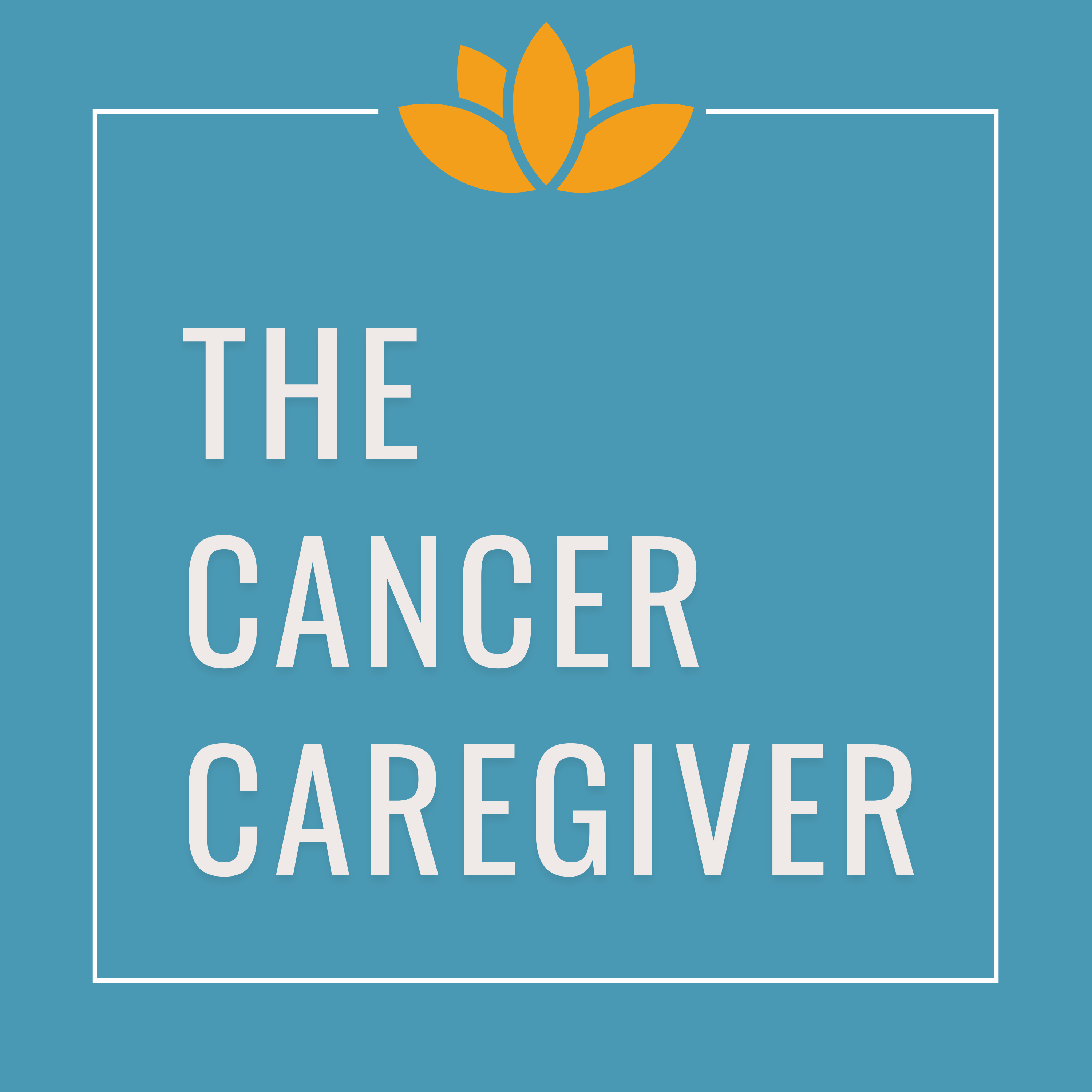Caregiver Guilt: Why It Happens and How to Break Free

You Feel Bad for Needing Rest, for Saying No, for Wanting Your Old Life Back
You know that moment when you finally sit down, take a deep breath, and for the first time all day, feel like yourself again… only to have guilt crash the party?
Maybe it happens when you’re laughing with a friend over coffee. Or when you catch yourself daydreaming about what your life used to look like before cancer arrived. For a split second, you feel light again… and then it hits:
How dare I enjoy this when everything is still so hard?
That’s caregiver guilt. And it’s relentless.
When Joy Feels Like Betrayal
In Why Guilt Is Your Biggest Barrier as a Caregiver and How to Break Through It, I tell a story about sitting in a coffee shop, savoring the simple act of being me again. But halfway through my first real laugh in weeks, guilt showed up like an uninvited guest
That’s what guilt does!
It shows up the moment you allow yourself to feel human.
It convinces you that rest is indulgence, that joy is disrespectful, and that taking care of yourself means abandoning the person you love.
Guilt is a b!tch. She only shows up when you’re in the middle of, or thinking of, having fun, taking time for yourself, feeling free, laughing, or enjoying a moment.
Over time, your brain learns to associate self-care with wrongdoing. Even if you enjoyed that coffee, the sting of guilt lingers longer, and that memory becomes what sticks.
The Real Barrier Between You and Rest
Many caregivers think exhaustion keeps them from caring for themselves, but that’s only part of the truth. Guilt is the real barrier.
You worry what people will think if you take a day off after a long week of appointments. You judge yourself for needing time to recover. And even when no one else is watching, you still feel like you’re failing.
You stop yourself from doing things for yourself because you will judge yourself for doing them even though you know full well how much you need to.
But here’s the truth: you cannot be the caregiver you want to be from a place of depletion. Guilt convinces you that self-care is selfish, when in reality, it’s strategic.
The “Both-And” Mindset
In caregiving, guilt often thrives on false choices:
You can either rest or be responsible.
You can either care for them or care for yourself.
That’s a lie.
As I say in the episode,
“It has to be a both-and scenario. You care both for your loved one and yourself. It can’t be one or the other—it has to be both.”
When you reject that lie, you make room for a new truth: caring for yourself is caring for them.
Every breath you take, every nap you allow, every boundary you hold… it strengthens your ability to show up with love instead of resentment.
Setting Boundaries Without Guilt
In How Caregivers Can Set Boundaries Without Guilt, I talk about how boundaries aren’t walls, they’re frameworks for sustainable care
Boundaries keep your nervous system from living in a constant state of emergency. They give you permission to pause before reacting.
A few examples:
- Time Boundaries: Designate specific times to check your loved one’s patient portal instead of refreshing it constantly.
- Work Boundaries: Let colleagues know you’ll check messages at specific times rather than being on-call around the clock.
- Emotional Boundaries: When guilt whispers that rest is selfish, counter it with, “This helps me care better tomorrow.”
Boundaries don’t make you less loving. They make your love more sustainable.
Reframing Guilt
Instead of fighting guilt, recognize it for what it is: a signal that your compassion is still alive.
You feel guilty because you care deeply, but caring doesn’t mean self-erasure.
When guilt shows up, pause and ask:
- What need is this guilt trying to hide?
- Am I tired, lonely, or grieving my old life?
- What would help me show up with more presence instead of more pressure?
You can’t get rid of guilt overnight, but you can stop letting it drive.
The Courage to Be Human Again
You deserve moments that remind you you’re more than a caregiver. You’re still a friend, a partner, a dreamer, a person who deserves laughter that doesn’t end in apology.
Caring for someone you love is a profound act but so is caring for yourself.
So the next time guilt taps you on the shoulder as you take a deep breath, tell her gently:
“Not today. I’m allowed to rest.”



